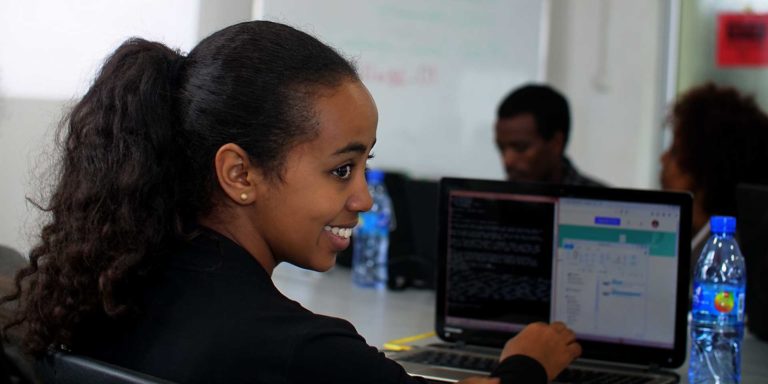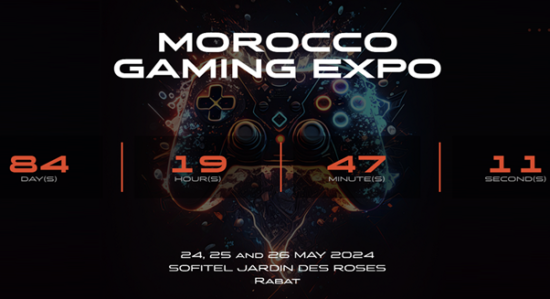What if blockchain could help fight educational underachievement? At least that is the challenge of the Ethiopian government. Indeed, Ethiopia has announced the rollout of a blockchain-based national identification and results recording system to digitally verify grades, remotely monitor school performance and boost education and employment across the country.
The Atala PRISM digital ID solution is developed by IOHK with the Cardano - blockchain solution - a third-generation crypto-currency and blockchain_ that is built by a decentralized community of scientists, engineers, and thought leaders united in a common purpose to create a technology platform that will ignite the positive change the world needs. It will benefit 3,500 schools, 5 million students, and 750,000 teachers, and pinpoint the locations and causes of educational underachievement and allocate educational resources effectively.
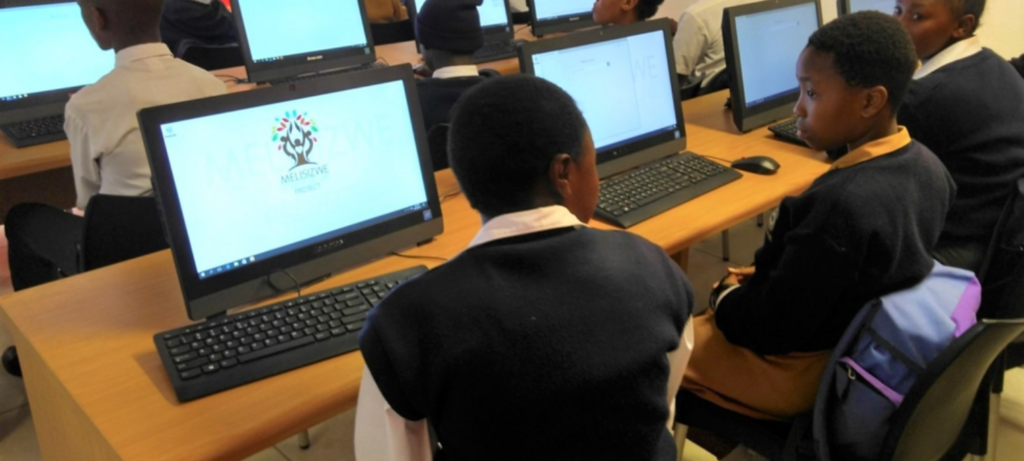
All students will be provided with blockchain-verified digital qualifications to reduce fraudulent university and job applications, and increase social mobility by allowing employers to verify all applicants' grades without third-party agencies.
“Blockchain offers a key opportunity to end digital exclusion and expand access to higher education and employment”
To this end, the Ethiopian government is issuing five million teachers and students with tablets and a dedicated internet network giving all students instant access to their academic records. This will open up higher education and employment opportunities for the 80 per cent of Ethiopia’s population living in rural regions. Student IDs will be paired with data from Learning Management Systems and harnessed by machine learning algorithms to drive personalised tuition, a dynamic curriculum, and data-driven policies and funding.
The project would make the nation’s education provision more dynamic, according to Ethiopian Minister of Education, Getahun MEKURIA (PhD). “Blockchain offers a key opportunity to end digital exclusion and widen access to higher education and employment, said the Minister. Our country is leading the way in using blockchain to digitize education and as the form is a key plank for national digital transformation strategy.”
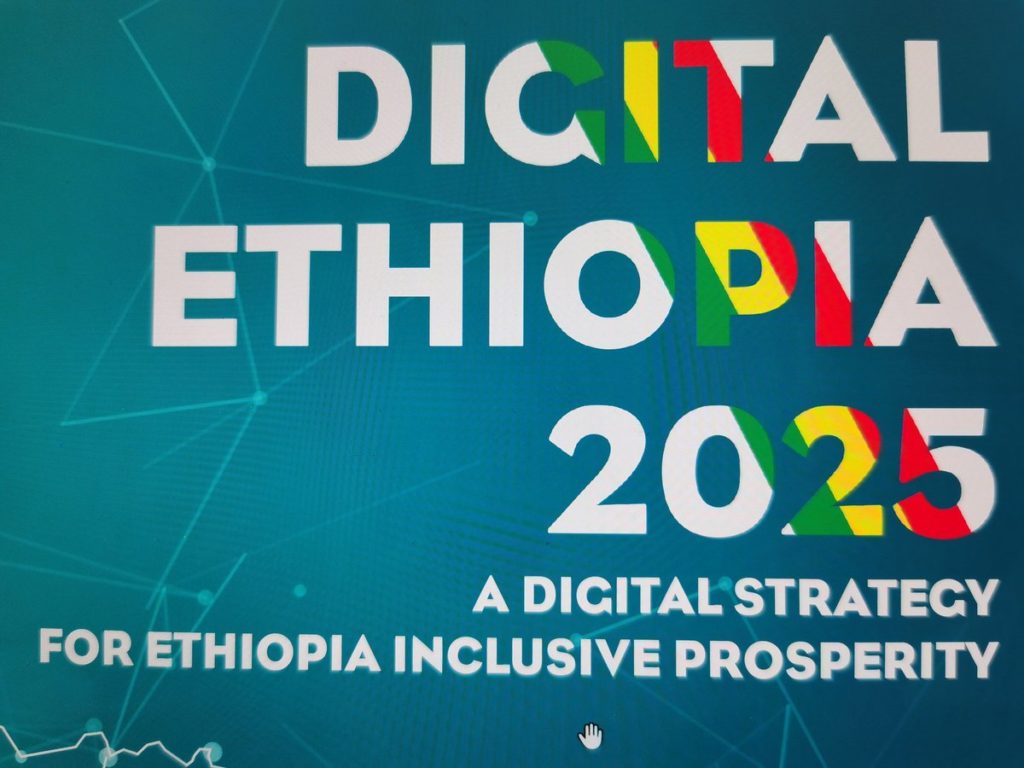
Indeed, the initiative, presented by local authorities as "the largest deployment of blockchain in the world," is part of the Digital Ethiopia 2025 strategy, which aims to transform the Ethiopian economy by targeting several sectors, including agriculture, manufacturing, health, transportation and tourism.
“Ethiopia’s Sheba Valley is already recognized as the leading AI hub in Africa, 70 per cent of our university graduates are in STEM [Science, Technology, Engineering, and Mathematics] subjects and we are now leading the way in using blockchain to digitize education,” the Minister further indicated.
“The project could light the touch-paper for a wave of third-generation blockchain innovation across Africa and the developing world, bringing vital services to those who have previously been cut off from them”
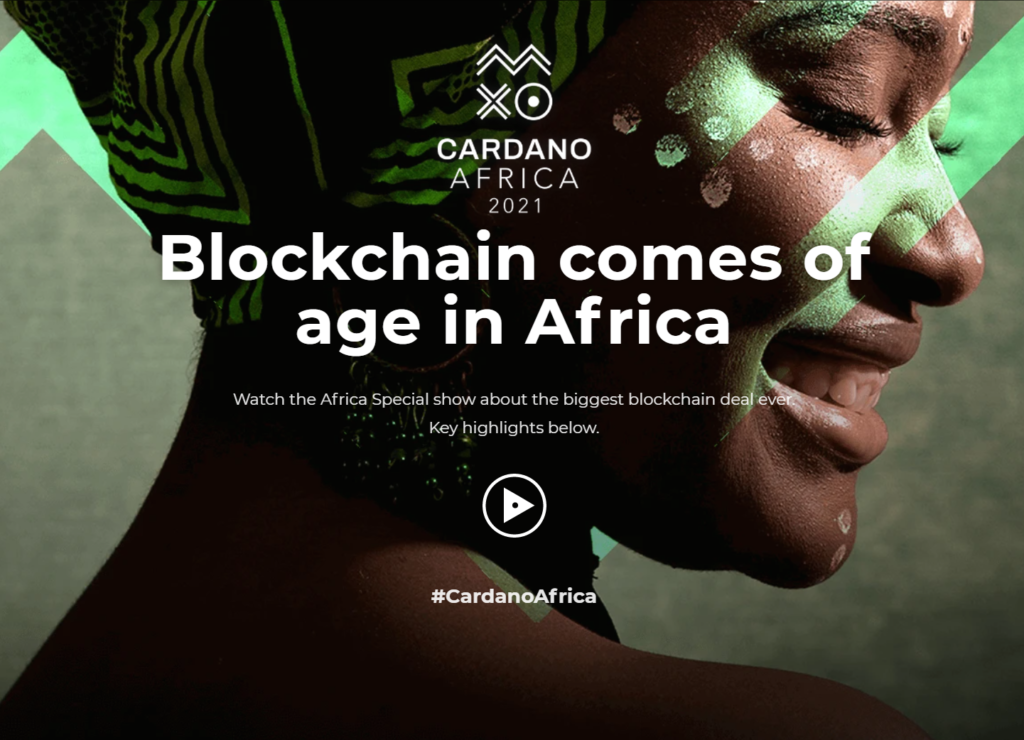
“Ethiopia is examining wider adoption of IOHK’s Atala products, which include the PRISM platform, for everything from blockchain based ‘track-and-trace’ of smallholder agricultural supply chains to digital IDs for transport or healthcare,” IOHK African operations director John O’CONNOR said. “We are already in discussions about using blockchain-based digital identity for two other multi-million user applications.”
“We have long recognized that developing world countries could uniquely benefit from blockchain because of their lack of embedded, legacy digital systems and the fact that blockchains are low cost and require little computing power,” John O’CONNOR added, pointing to ongoing negotiations for the deployment of the solution in South Africa, Nigeria and Kenya.
The project could ultimately be extended to universities where degrees are also digitally verified on the Cardano blockchain. “Ethiopia’s blockchain-based education transformation is a key milestone on IOHK’s mission to provide economic identities and employment, social and financial services for the digitally excluded,” John O’CONNOR said. “This project could light the touchpaper for a wave of third-generation blockchain innovation across Africa and the developing world, bringing vital services to those who have previously been cut off from them.”
